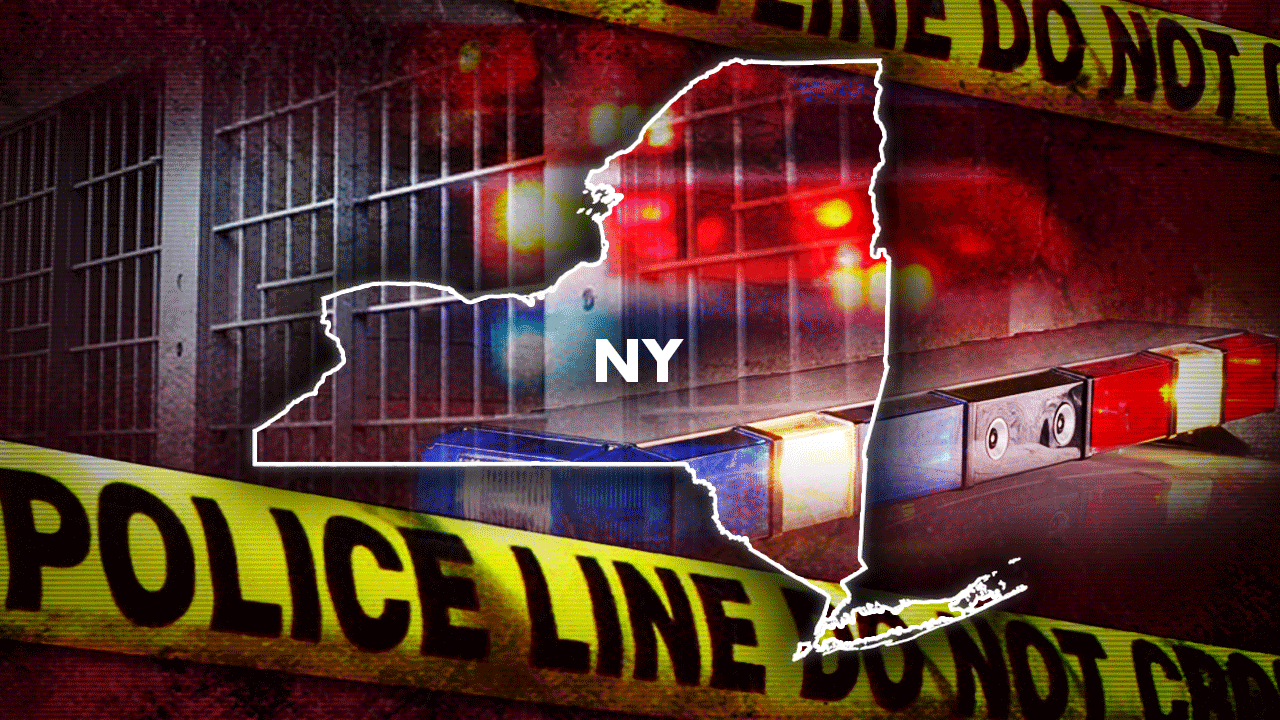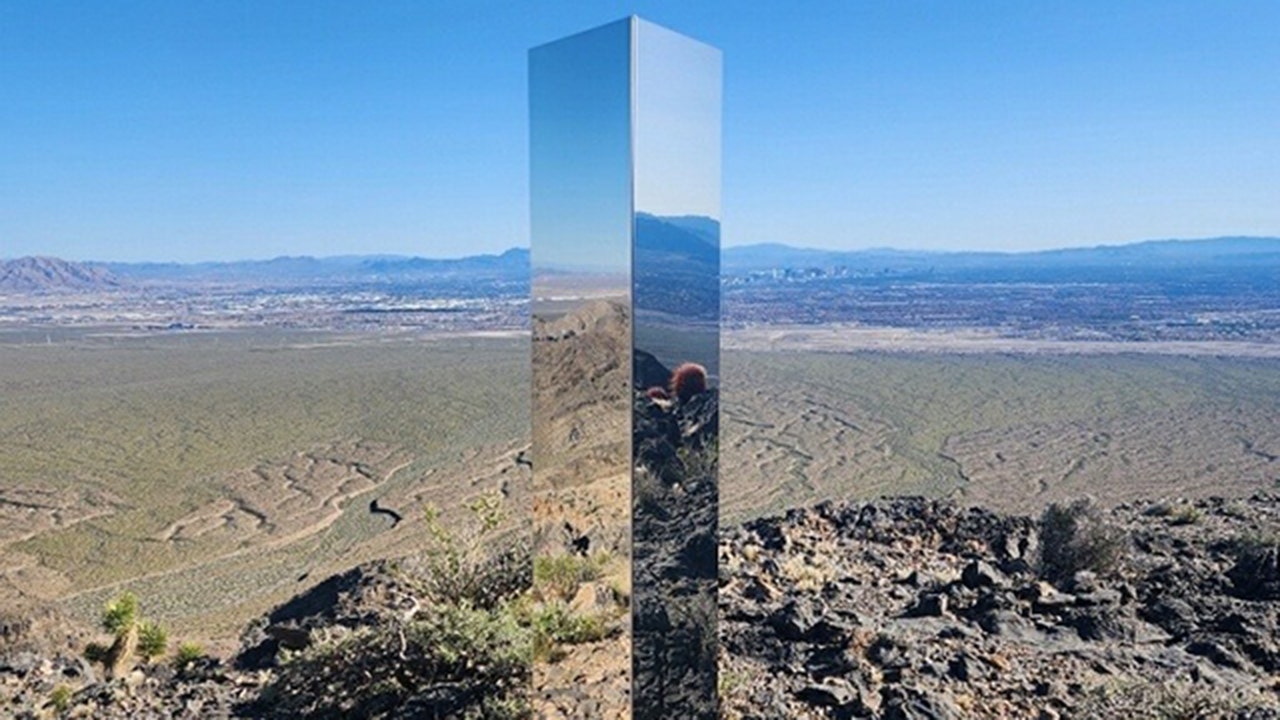Nicole Hemmer, a historian at Vanderbilt and the director of the Center for the American Presidency, argued in an email, “I consider Trump a transformative, or at least pivotal, president for his impact on the policy preferences of Republican voters, his role in supercharging polarization and his part in the Jan. 6 insurrection.”
Hemmer continued:
He did not innovate on the policy front: Many of his policy preferences were either longstanding Republican preferences, like budget-busting tax cuts and appointing judges to overturn Roe v. Wade, or had been prefigured by politicians like Pat Buchanan a generation earlier.
Nor would I consider his presidency world-historical in any real sense. He may have foregrounded different issues in the debate over foreign policy, breaking through bipartisan consensus, but he did not remake the role of the U.S. in the world in any meaningful or lasting way. He certainly elevated harsh rhetoric on immigration and attempted to institute restrictionist and nativist policies, but nothing he did restructured the immigration system like the 1921 and 1924 quota systems or the 1965 Immigration Act.
The most consequential act of Trump’s presidency, according to Hemmer,
was his rejection of the peaceful transfer of power. While I’m not sure that is a world-historical event — not enough time has passed to fully evaluate the long tail of Jan. 6 — it marks a pivotal moment in the history of the United States, and it is enough to single him out in the history books. How transformative the insurrection, and thus his presidency, was will depend on how well U.S. democratic systems survive the next few decades.
Elaborating on this point, Corey Brettschneider, a political scientist at Brown University, argued in an email that other presidents, including John Adams and Richard Nixon, have challenged democratic principles only to see their successors restore these traditions. Trump, in contrast, poses a more serious challenge:
What makes Trump’s threat different from previous ones is that in the past the nation recovered. Future presidents followed those who threatened democracy and, at the behest of citizens, sought to bolster the institutions and norms that had been trampled on. Also, none of those previous presidents who threatened democracy recaptured office.
This moment is different. Despite various attempts at legal accountability and to challenge him politically, the fact is Trump will be the nominee of one of the two major parties for office, and he is in a dead heat with the incumbent in the polls.
If he wins, unlike even the most dangerous of our former presidents, Trump is explicit in his desire for dictatorship and the destruction of current checks on presidential power. Trump has learned from his previous term where choke points of American democracy lie. He knows, for instance, that by installing a loyalist attorney general, he can avoid even the limited accountability he faced in his previous term. And like Adams, he promises to prosecute political opponents. Past presidents have threatened democracy. But Trump might succeed where they failed.
If so, could he conceivably qualify as a world historical figure?
Jeffrey Engel, the founding director of the Center for Presidential History at Southern Methodist University, replied by email to my inquiry, concentrating his attention on the fact that if Trump wins again in November, he would be serving his second term. Such a second Trump term, Engel argued,
would indeed prove structural and foundational, affecting our diplomacy, our sense of the rule of law and frankly our faith in elections and the democratic process writ large. I used to think such a sentence impossible, unreasonable or at least the product of over-agitation. Now I think it may be understating the case.
Alan Taylor, a professor of history at the University of Virginia, argued in an email that Trump has already had a significant impact on American politics:
He certainly has transformed the Republican Party and eliminated almost all previous norms of civility and bipartisanship in foreign policy.
Trump has tapped into and mobilized a vast following of discontented people — so the transformation is at least as much about them rather than his leadership (which is chaotic and has accomplished little save for the big thing of mobilizing and inflaming discontent).
Taylor noted that the evaluation of Trump crucially depends on your vantage point:
If I am ranking in terms of transforming a major party and roiling our public discourse, then I can’t think of anyone more transformative, with the possible exception of F.D.R. If ranking the ability to accomplish things legislatively and diplomatically, then Trump is one of the least effective presidents, down there with James Buchanan.
Of those I contacted, Bruce Cain, a political scientist at Stanford, was the most skeptical of the significance and consequence of Trump’s presidency. In Cain’s view, the problem with describing Trump as politically transformative is the fact that Trump has already so scrambled the allegiance, the sense of purpose and the respect for history that once characterized the Republican Party that it is now completely adrift.
Cain made the point that “it is questionable whether Trump’s charismatic hold on MAGA will have staying power without him, especially since it has not translated into significant legislative achievements other than usual Republican stuff of tax cuts and regulatory relief.”
Importantly, in terms of the longevity of Trump’s impact, Cain argued that “the congressional party is currently in complete disarray, the party seems to be unwilling to offer a party platform and could not revise health policy even when it had trifecta control.”






